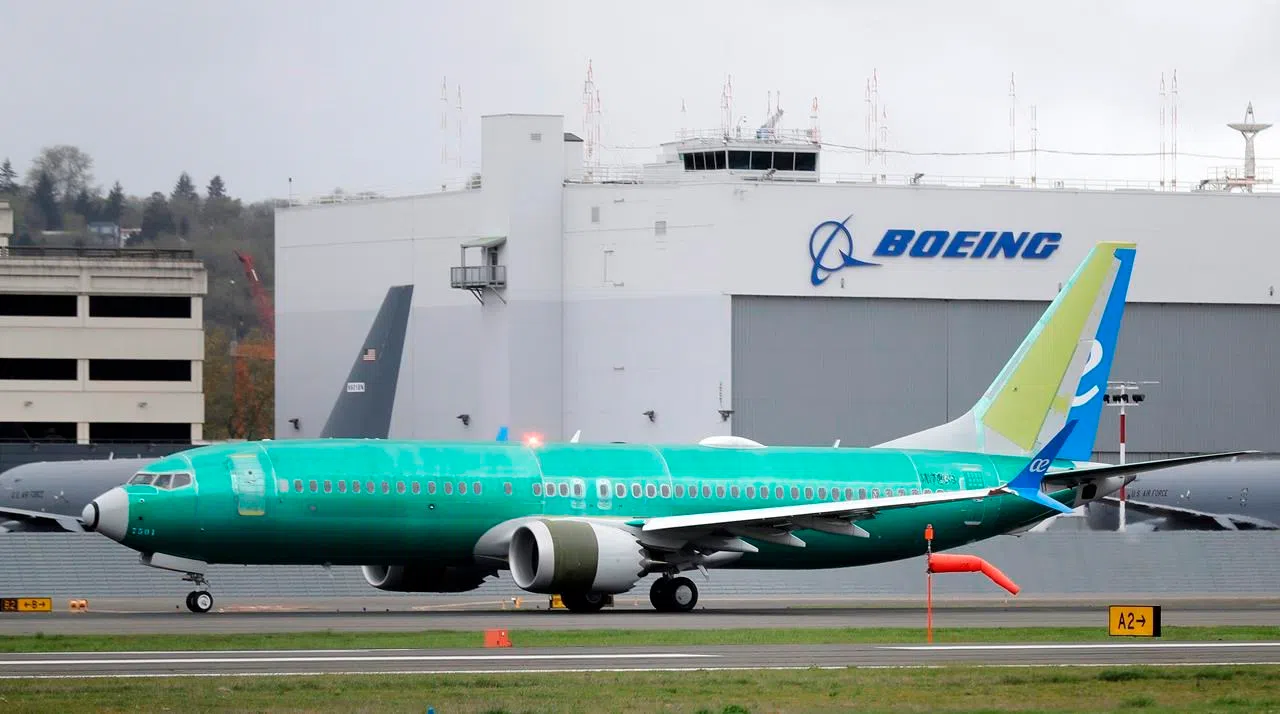
Boeing makes 96 flights to test software on troubled Max jet
DALLAS — Boeing’s CEO says crews have made 96 flights to test a software update for its troubled 737 Max jet and will make more in coming weeks as the company attempts to convince regulators to let the plane fly again.
Dennis Muilenburg also said Thursday that the company has met with pilots and airline officials in the U.S. and abroad, holding flight-simulator sessions to demonstrate the software changes.
The Federal Aviation Administration, which will consider whether the plane can resume flying in the U.S., plans to meet Friday with safety officials and pilots from American, Southwest and United, the three U.S. carriers that were using the Max jet.
An FAA spokesman said the agency wants to hear from the airlines and pilots before deciding what Boeing must do before the plane is allowed to fly.


